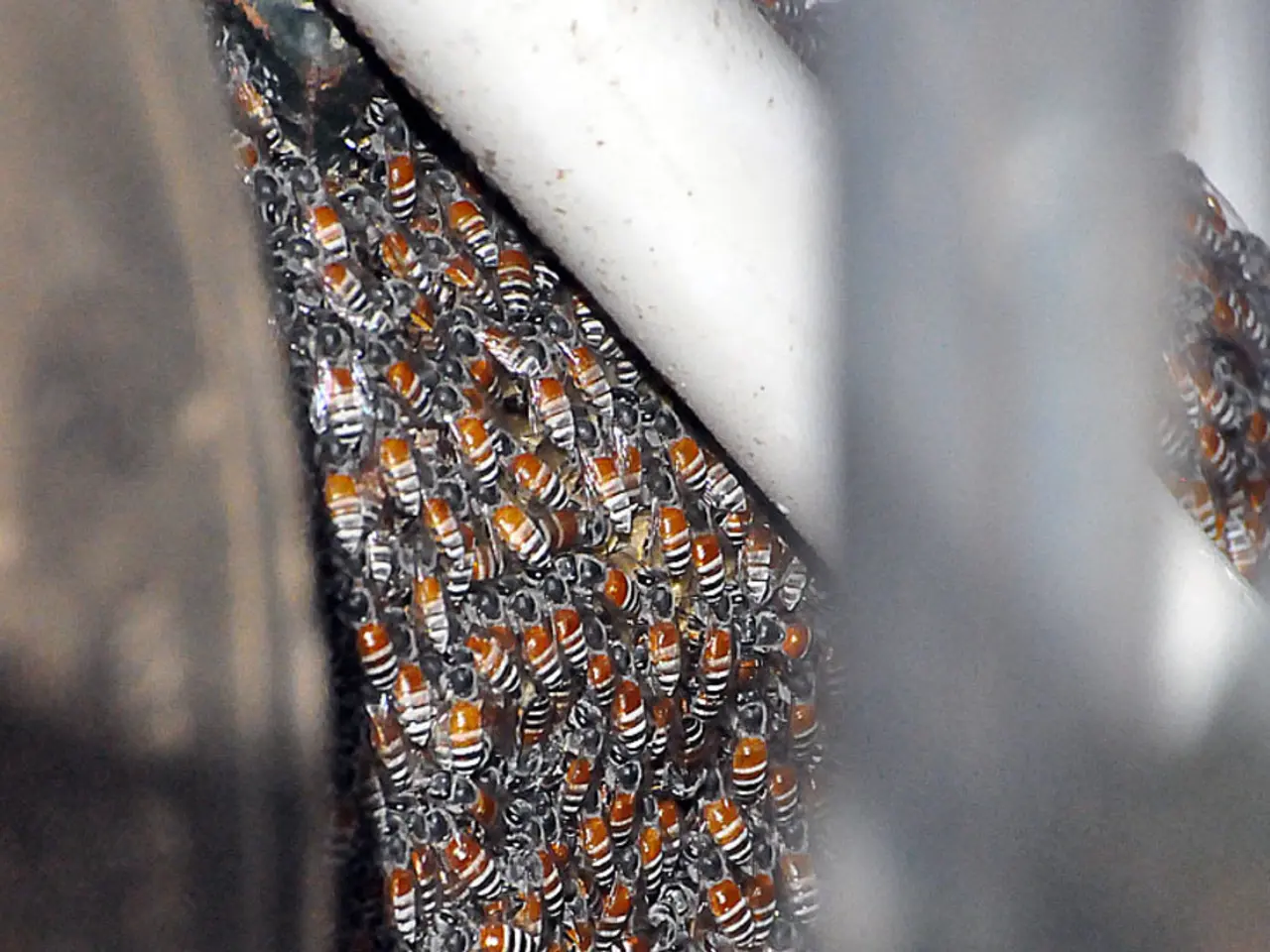Medical Background: Honeybee Venom Treatment and Multiple Sclerosis (MS)
Bee venom therapy (BVT) is an experimental and investigational approach for treating multiple sclerosis (MS) symptoms, with limited but promising preliminary evidence suggesting potential benefits.
BVT involves using the stings of live bees to treat symptoms of MS, such as pain, loss of coordination, and muscle weakness. The therapy contains biologically active compounds like melittin, apamin, and phospholipase A2, which are believed to have anti-inflammatory and immune-modulating effects that may be relevant in autoimmune diseases like MS.
Some early studies indicate that BVT might help reduce inflammation and modify immune responses, potentially alleviating some MS symptoms. However, the evidence remains preliminary and insufficient to establish BVT as a standard or widely recommended treatment.
Research into BVT includes in vitro studies and small-scale clinical observations, but large, rigorous clinical trials specifically assessing the efficacy and safety of bee venom therapy in MS are lacking. Side effects such as allergic reactions, including severe anaphylaxis, are a significant concern with BVT.
Currently, only approximately 50 U.S. physicians use BVT to treat MS or other diseases, and the evidence supporting its effectiveness remains anecdotal. Despite this, thousands of MS patients use BVT as an alternative approach to traditional treatments, despite the risk of allergic reactions and the lack of medical training among most practitioners.
One notable study on BVT as a potential treatment for MS is being conducted by Georgetown University, funded by the Multiple Sclerosis Association of America. The goal of the study is to determine whether bee venom should be considered a serious treatment option for MS.
The American Apitherapy Society reports about 10,000 people providing BVT, including apitherapists, beekeepers, acupuncturists, and those with no health background. The combination of all the "ingredients" in bee venom is believed to help the body release natural healing compounds.
However, it's important to note that no recent major clinical trial data or consensus guidelines endorse BVT for MS, indicating that it remains an alternative or complementary approach under investigation rather than a mainstream treatment. Further well-designed research is needed to clarify the therapeutic value and risks for MS patients.
In summary, while bee venom therapy for MS requires much more robust clinical validation to confirm benefits, optimal dosing, and safety profiles, its biologically plausible potential and some early data provide a basis for ongoing research.
- The biologically active compounds found in bee venom, such as melittin, apamin, and phospholipase A2, are believed to have anti-inflammatory and immune-modulating effects that could be relevant in autoimmune diseases like multiple sclerosis (MS).
- The combination of all the "ingredients" in bee venom is believed to help the body release natural healing compounds, which may prove beneficial in the field of health and wellness, particularly in managing mental-health conditions and neurological disorders like MS.
- Despite thousands of MS patients using bee venom therapy (BVT) as an alternative approach to traditional treatments, the evidence supporting its effectiveness in the treatment of multiple sclerosis remains anecdotal, with no recent major clinical trial data or consensus guidelines endorsing its use.
- Research into BVT includes histories of various observations in small-scale clinical trials, but large, rigorous clinical trials specifically assessing the efficacy and safety of bee venom therapy in MS are still lacking, highlighting the need for further research in science.
- The American Apitherapy Society reports that around 10,000 people provide BVT, including practitioners from different medical backgrounds, suggesting its integration into multiple therapies and treatments for a variety of health-and-wellness concerns.




